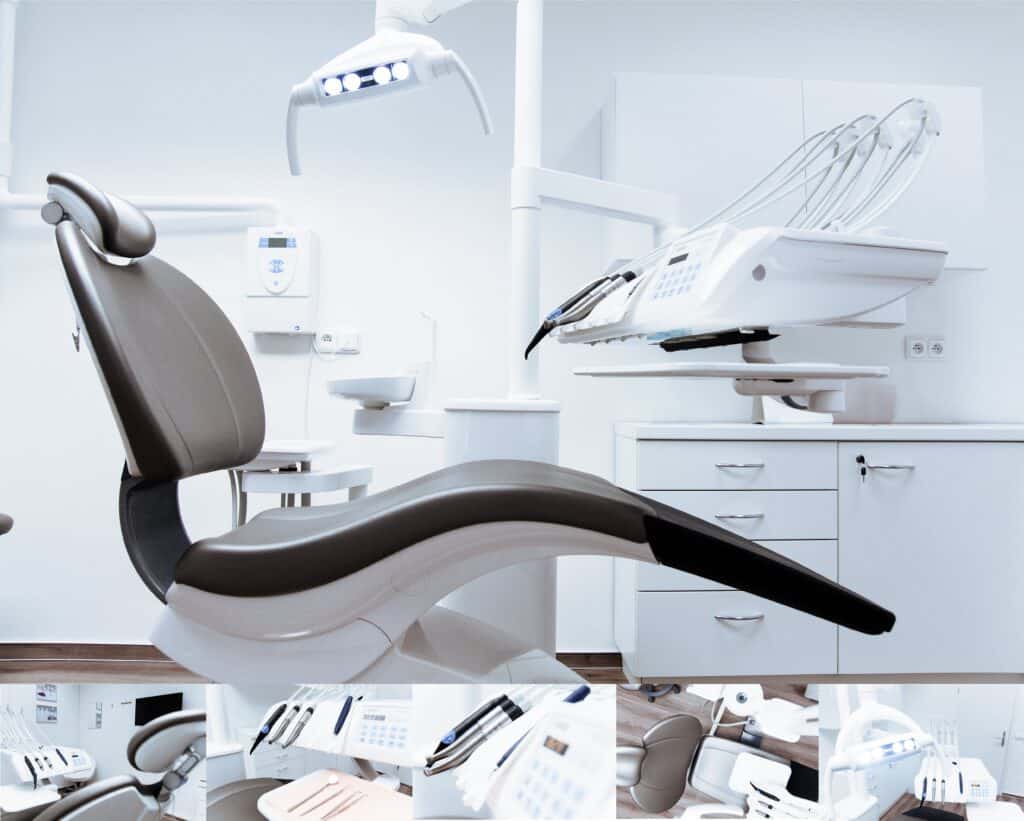In the rapidly evolving world of healthcare, dental practices are not lagging behind. In recent years, technology, personalized care, and sustainable practices have crafted a new landscape for oral health. This evolution is crucial for practitioners aiming to offer state-of-the-art services and patients searching for a dentist near me to ensure optimal oral care.
As advancements continue to change the dental industry, awareness of these trends is crucial to taking advantage of their advantages. This journey into the future of dental care sheds light on how these advancements enhance patient experiences, improve outcomes, and alter the fundamental approaches to oral health management.
Modern Dental Practices
Dental care has transcended traditional boundaries and adapted to contemporary demands. Integrating technology with treatment protocols has redefined what patients can expect when they visit a modern dental clinic. The focus is no longer solely on treating problems; prevention and precision are at the forefront. By recognizing and welcoming these changes, individuals can make better-informed choices regarding their oral health, selecting providers that emphasize innovation and patient care.
Innovations in Dental Technology
Technological advancements have truly revolutionized the dental industry. New technologies have made dental procedures more efficient and patient-friendly, from the precision of laser dentistry, which reduces the need for invasive drilling, to digital impressions that eliminate the discomfort of traditional molds. Moreover, 3D printing is increasingly used to create crowns and bridges and to customize implants with astonishing accuracy. These innovations mean shorter recovery times, more accurate treatments, and greater patient satisfaction.
The Rise of Telehealth in Dentistry
Telehealth has become an essential resource for increasing access to healthcare services, and dentistry embraces this opportunity. Virtual dental visits offer a solution for individuals in distant locations or with mobility issues, enabling initial consults and subsequent follow-ups without requiring travel.
While telehealth cannot entirely replace physical examinations and treatments, it offers significant benefits in diagnosing potential issues and advising on the next steps. As the technology and platforms evolve, they are expected to become even more integral to standard dental care practices.
Personalized Patient Care
In a time when personalization reigns supreme, dental care is increasingly customized to meet personal needs. Dental professionals can use advanced diagnostic tools like saliva testing and genomic data to create treatment plans that address specific concerns and conditions. Personalized care not only improves efficacy but also enhances patient trust and engagement. As these diagnostic techniques continue to improve, they set the stage for a future where dental treatments are not just reactive but are also predictive and preventive.
Sustainable Practices in Dentistry
Environmental consciousness is increasingly becoming a priority within the dental field. Sustainability initiatives, such as reducing paper waste through digital records and employing eco-friendly materials, are gaining traction. Moreover, the shift to using biodegradable products in patient care further underscores the commitment to a greener future. This transition benefits not just the planet but also creates healthier workplaces and treatment environments, emphasizing the holistic nature of modern dental practices.
The Role of AI in Oral Health
Artificial Intelligence (AI) is progressing quickly in healthcare, broadening its role in dental services. AI-driven tools assist in precise diagnostics and treatment planning, allowing for earlier detection of issues that might have been overlooked. This technology improves the precision of methods and simplifies office tasks, establishing AI as a crucial element of dental care.
Dentists can offer more precise and data-driven treatments by integrating AI into their practices, ultimately benefiting patient outcomes.
Challenges and Opportunities
Despite these advancements’ exciting potential, integrating them into everyday practice comes with challenges. The cost of new technology and the need for specialized training are significant barriers. However, for practices willing to invest, the long-term benefits—enhanced patient care, improved outcomes, and increased operational efficiency—are substantial. The key is continuous education, adaptation, and collaboration with tech developers to efficiently integrate these tools into standard care.
Conclusion: Embracing Change in Dental Care
As the dental industry embraces technological and procedural advancements, the future of oral health looks bright. The focus on innovation, personalization, and sustainability heralds a new era of more comprehensive and practical patient care. By welcoming these changes, patients and dental professionals can enjoy healthier outcomes and improved experiences. As these trends continue to unfold, staying informed and open-minded will be crucial for thriving in this dynamic field. Welcoming change involves adapting and taking the lead in creating a healthier and more sustainable future.





